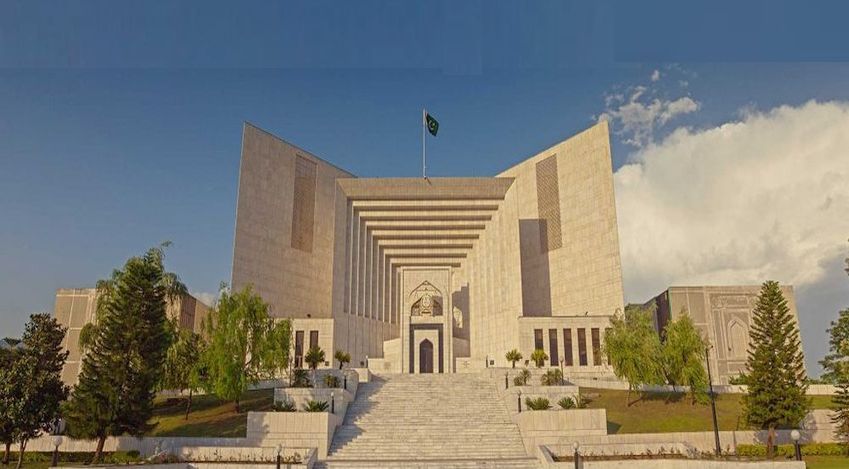Right to Partition Joint Property is an Independent Legal Right and cannot be barred by the Principle of Res Judicata or Procedural Limitations under the CPC --- Supreme Court of Pakistan
Islamabad 20-12-2024: In a significant ruling, the Supreme Court of Pakistan has clarified the independence of the right to partition joint property, holding that it cannot be barred by the principle of res judicata or procedural limitations under the Civil Procedure Code (CPC). The judgment has set aside decisions of three lower Courts, reinstating a partition suit that had previously been dismissed.
The petitioners sought partition of their share in joint property, but their suit was dismissed by the trial Court under Rule 11 of Order VII of the CPC, upheld by the Appellate and Revisional Courts. The dismissal was based on the ground that an earlier declaratory suit involving the same property had already been dismissed. The petitioners argued that the earlier suit, filed under Section 42 of the Specific Relief Act, 1877, was not decided on merits and did not preclude their independent right to partition.
The Court, after hearing arguments, emphasized that the right to partition is a distinct and independent legal right. It ruled that the dismissal of a declaratory suit, even concerning the same property, does not bar a subsequent partition suit, especially if the earlier suit was not decided on merits. The Court also rejected the respondents’ argument that the suit was barred by Order II Rule 2 of CPC, holding that the reliefs sought in the two suits were fundamentally different.
The right to partition of joint property is independent and cannot be barred by res judicata unless explicitly adjudicated on the same issues and merits. The bar under Order II Rule 2 of CPC applies only when claims in subsequent suits should have been included in an earlier one. Rule 11 of Order VII of CPC is inapplicable when legal objections involve disputed questions of law or fact.
The Supreme Court of Pakistan converted the petition into an appeal, set aside the judgments of the lower Courts, and remanded the case to the trial Court to proceed from the stage where it was dismissed. Both parties were given liberty to raise any objections during the trial.
Powered by Froala Editor








